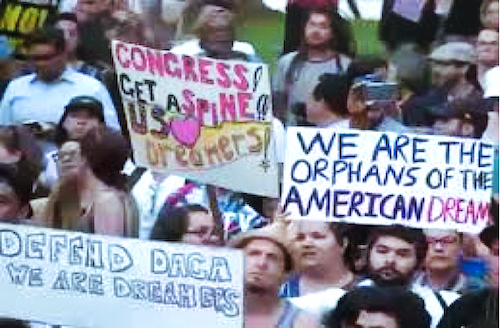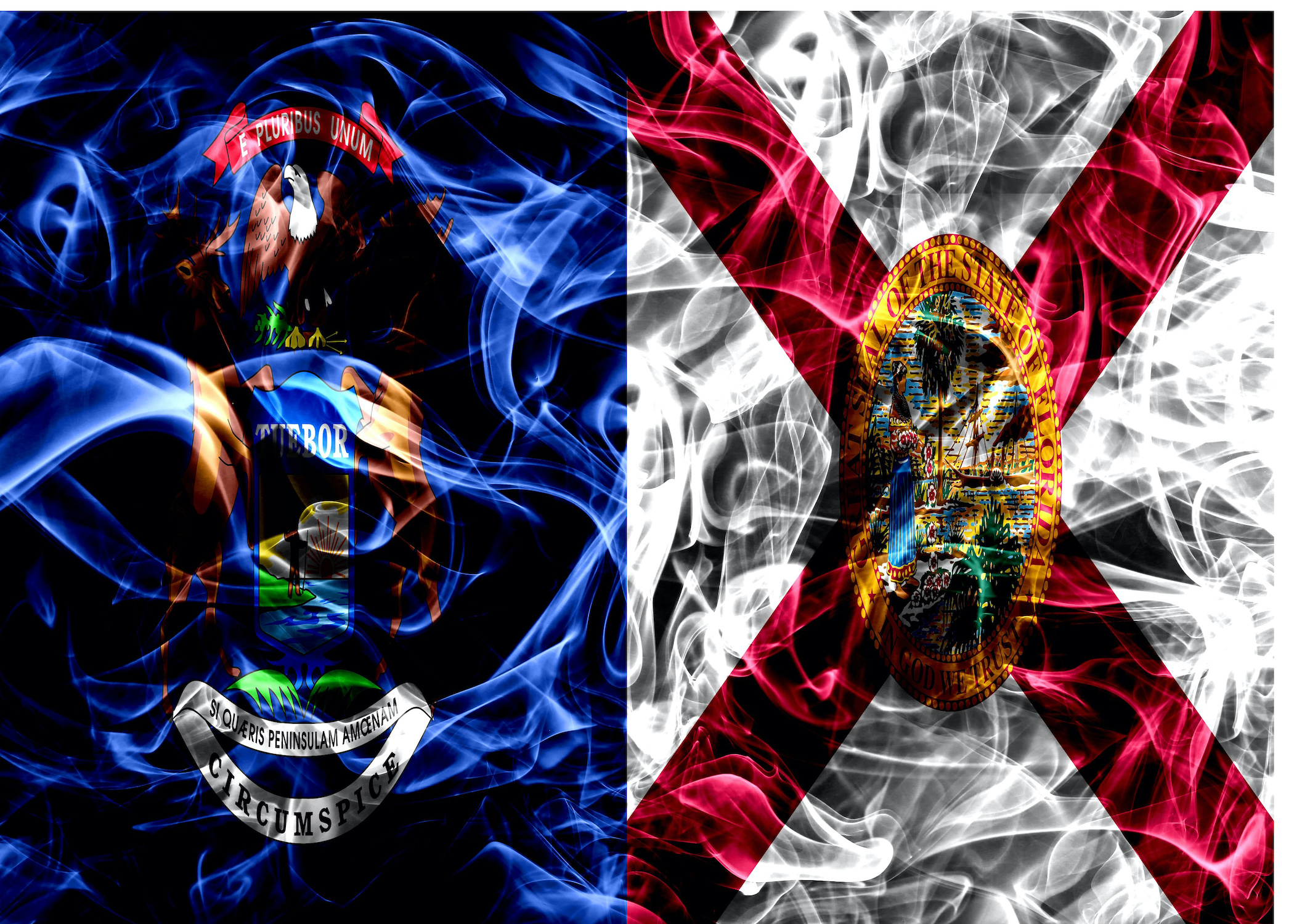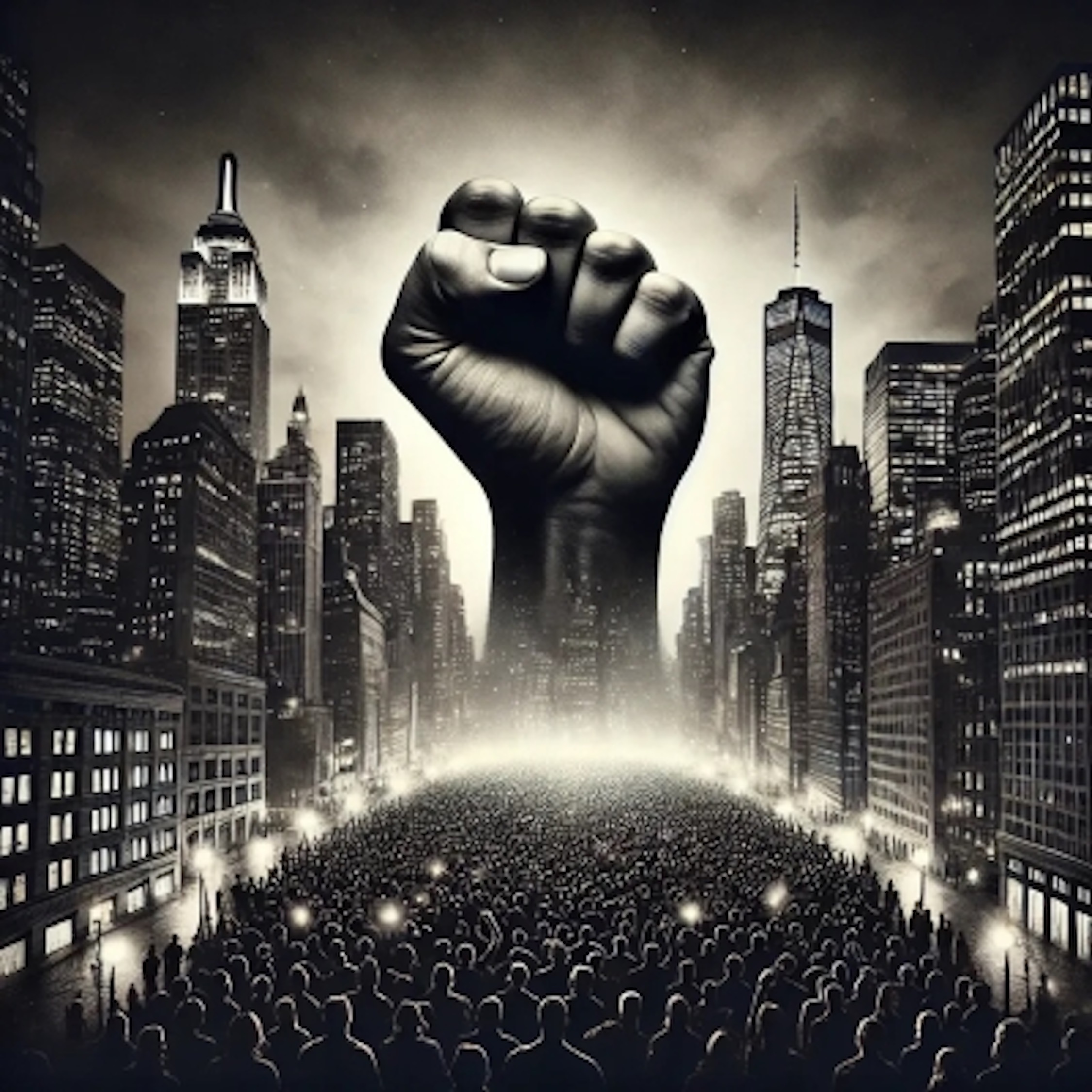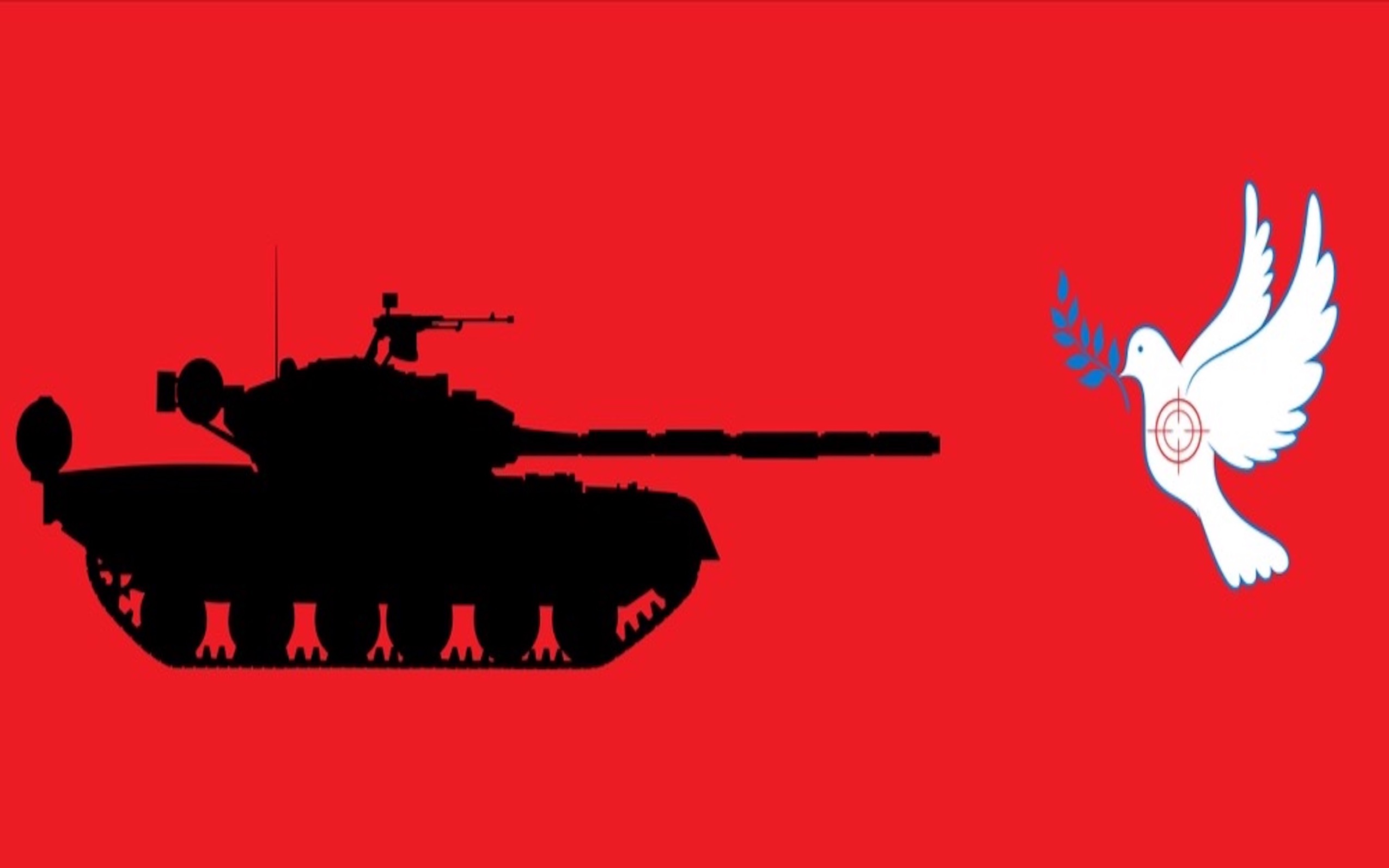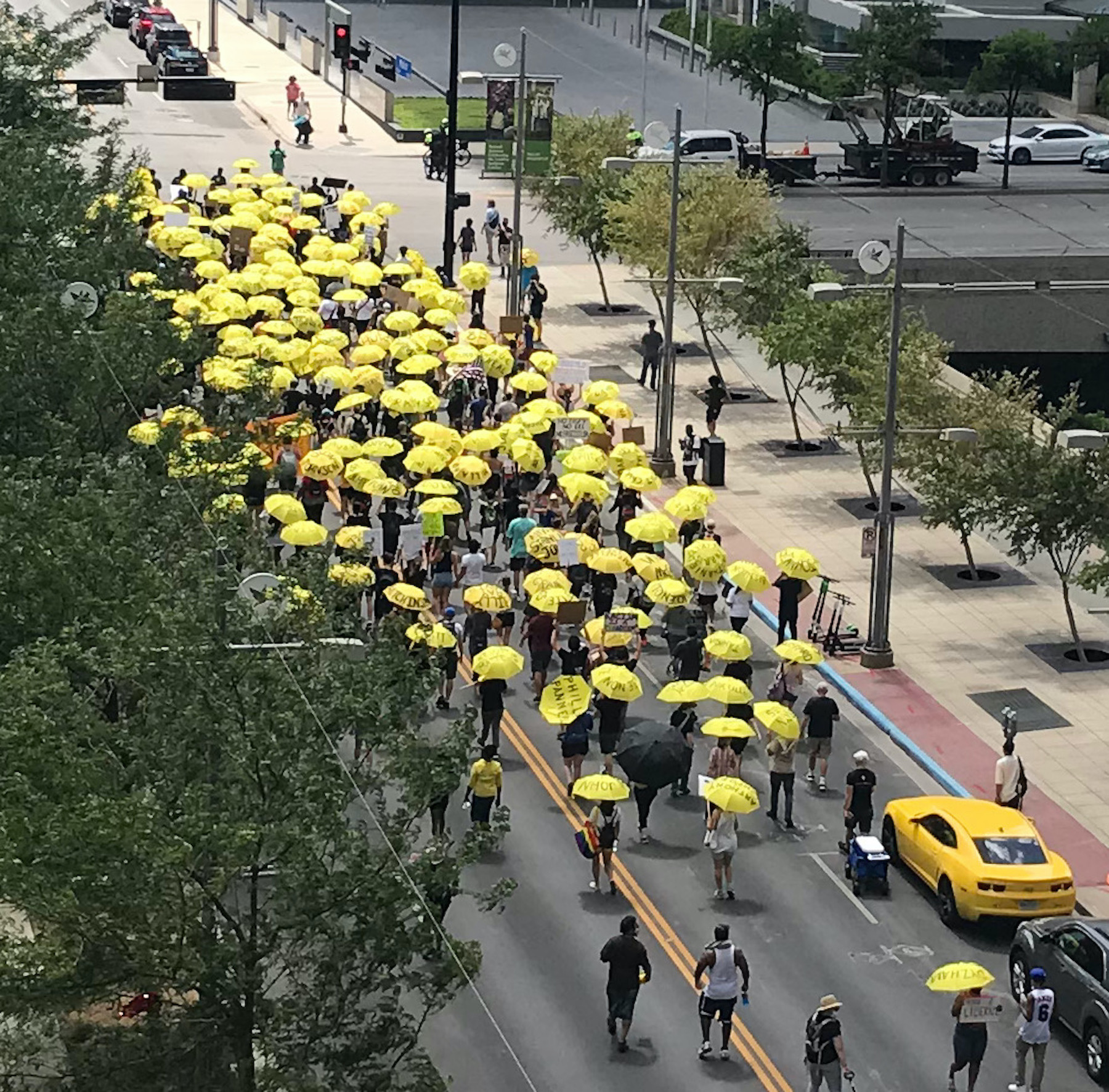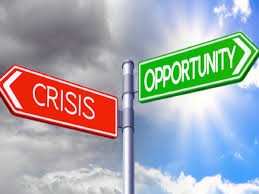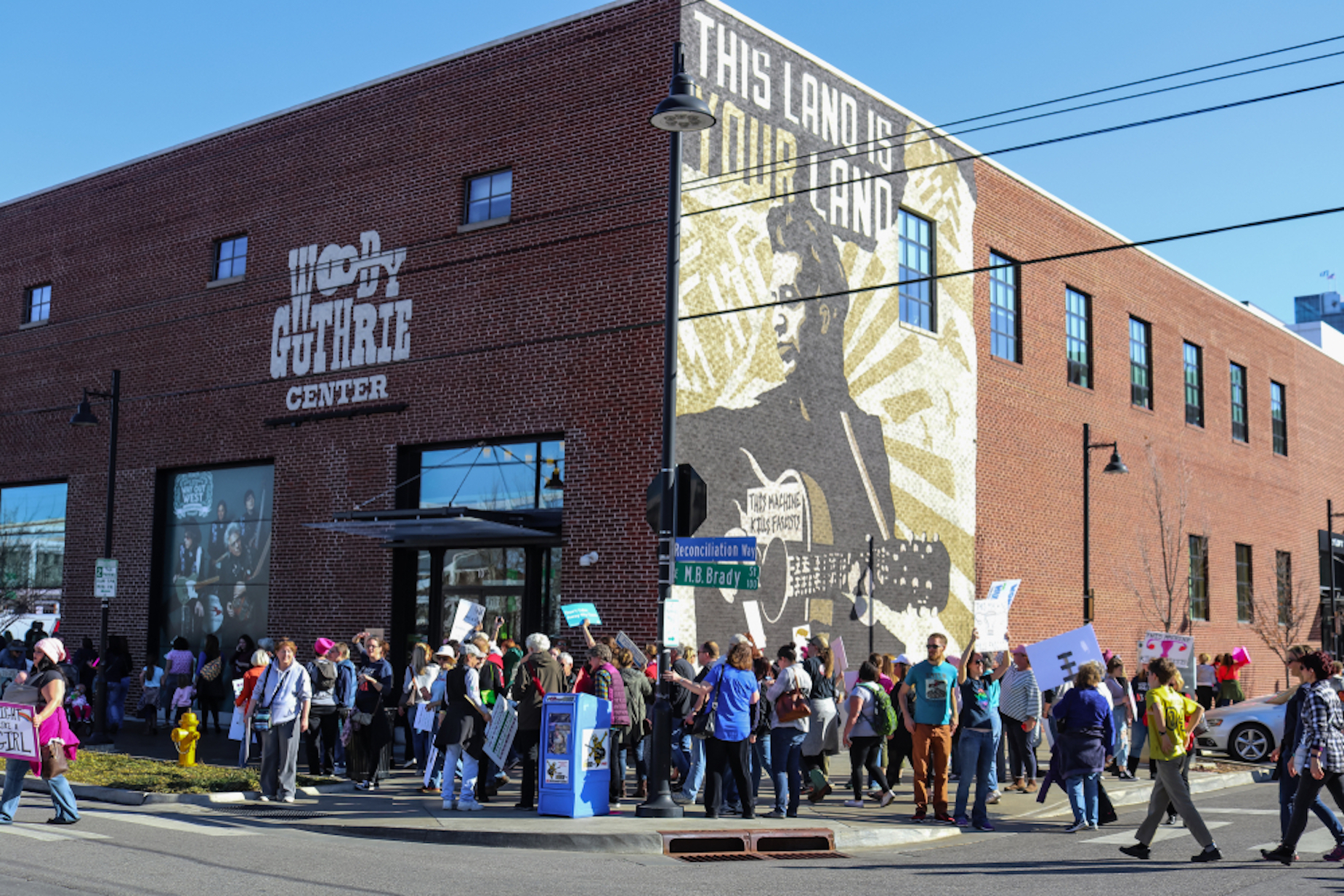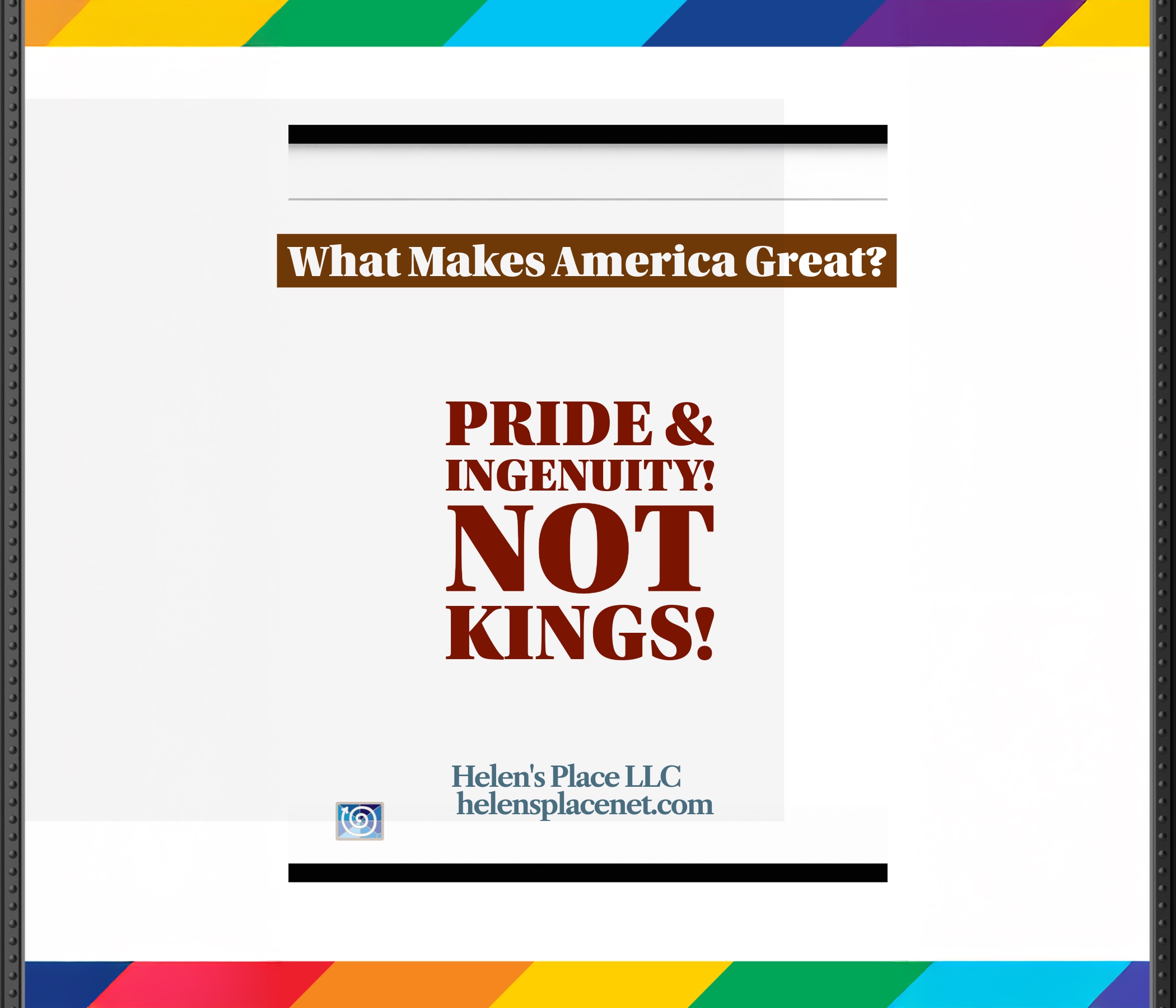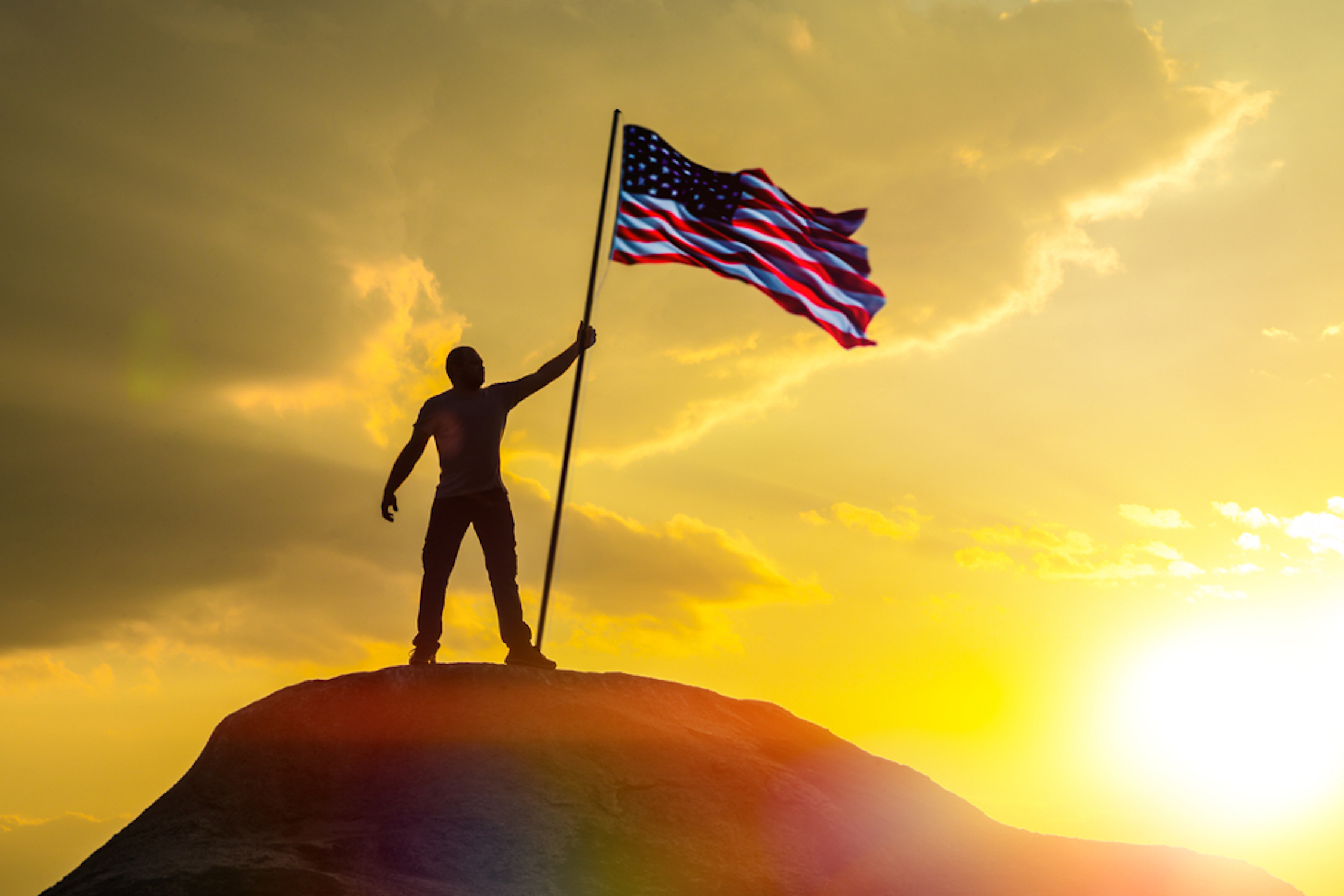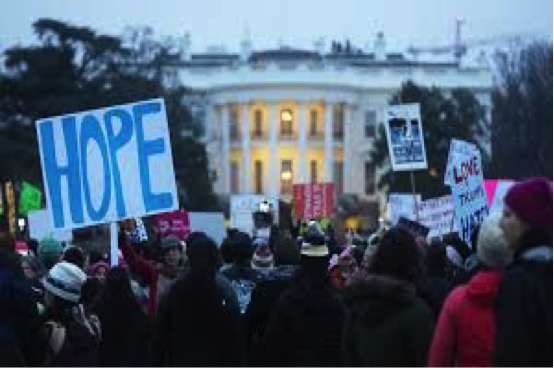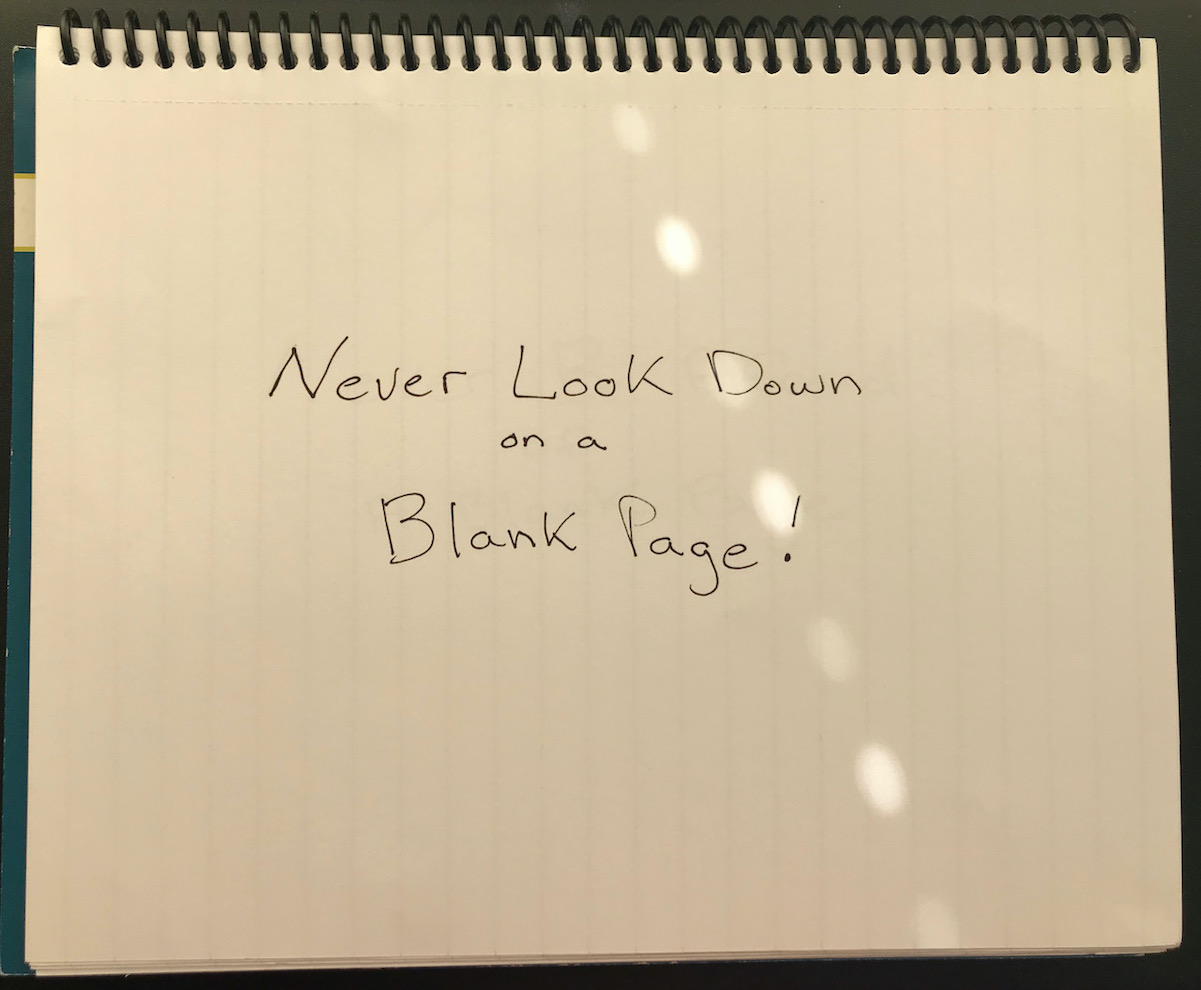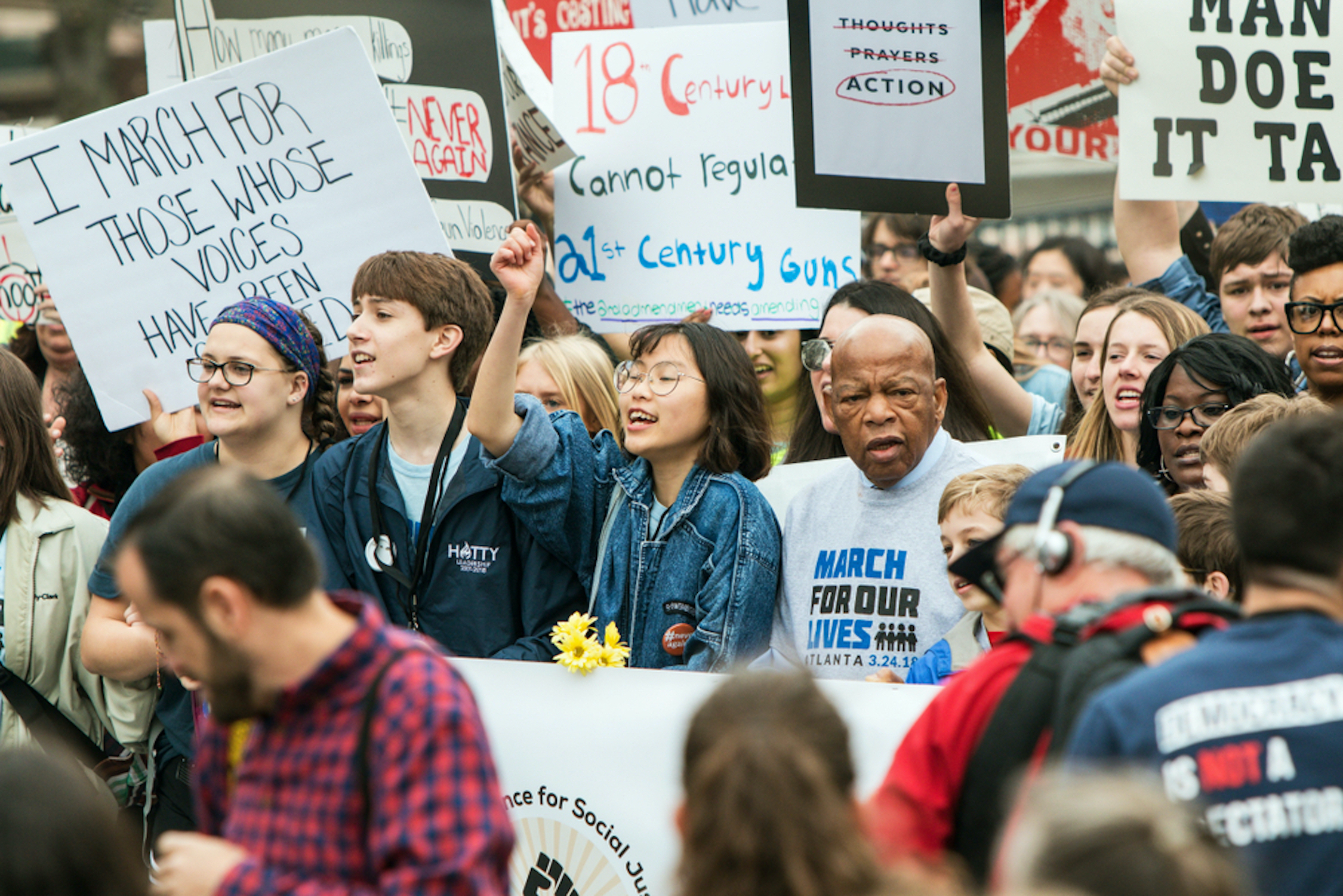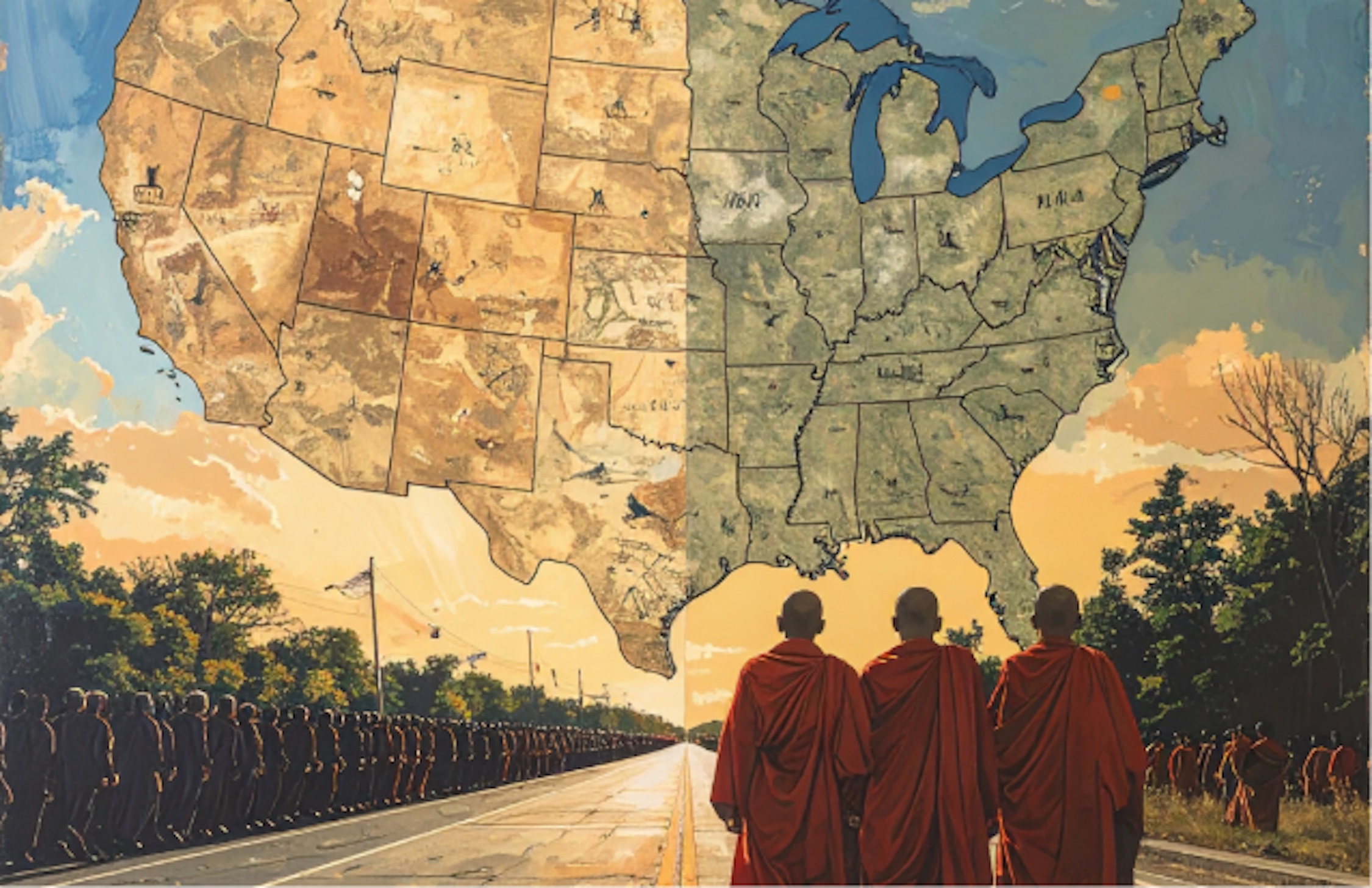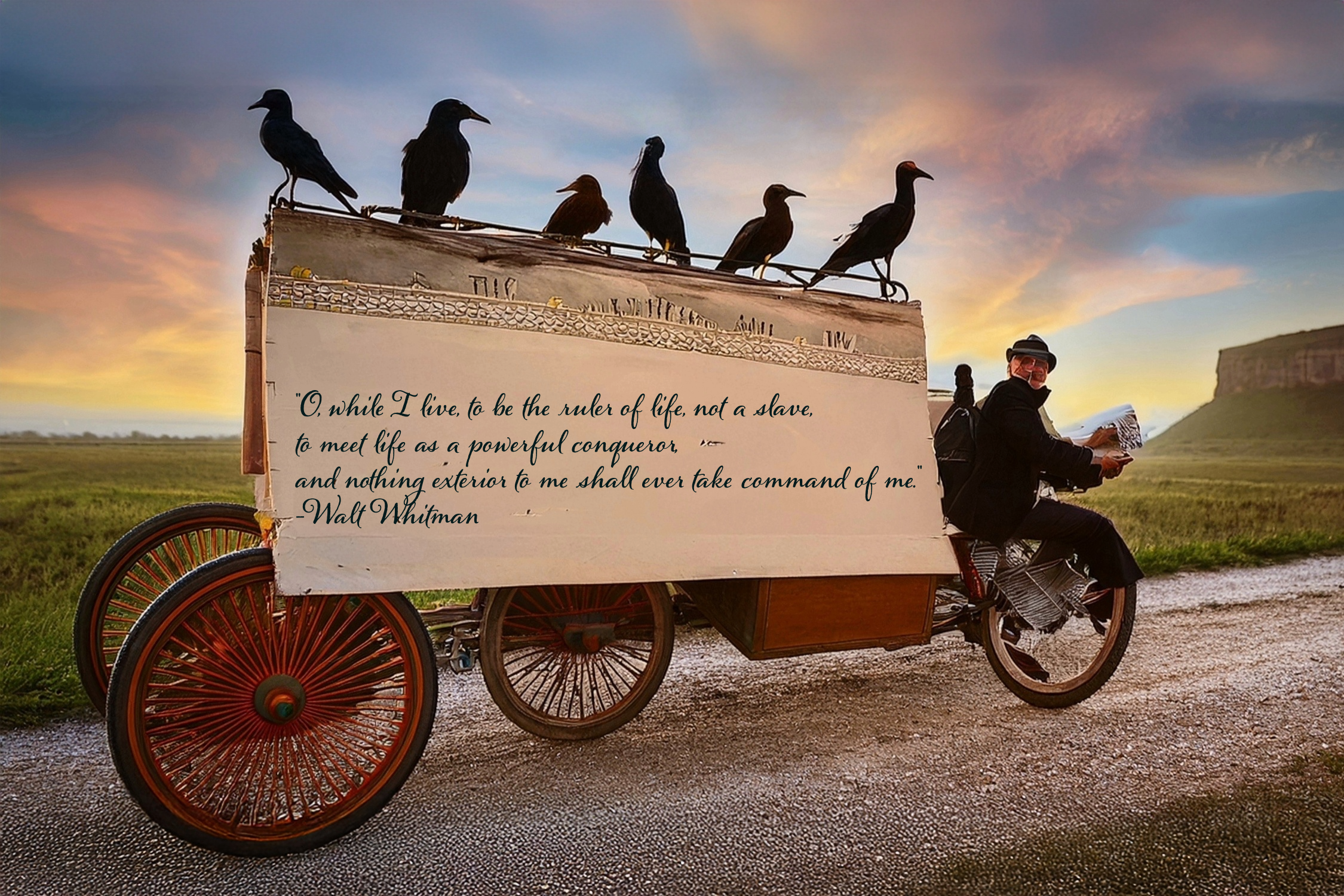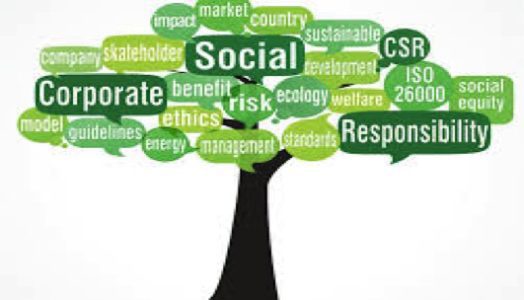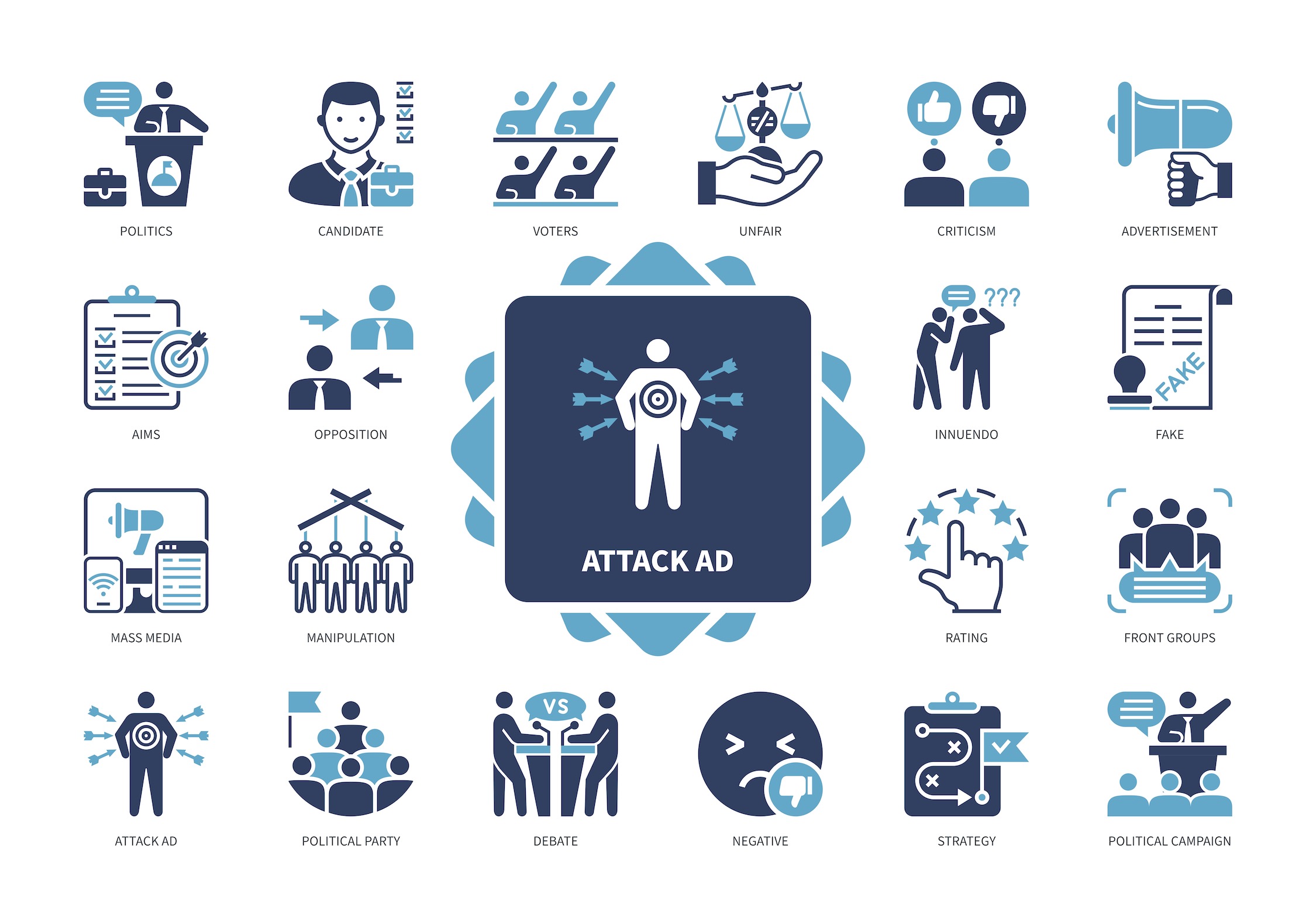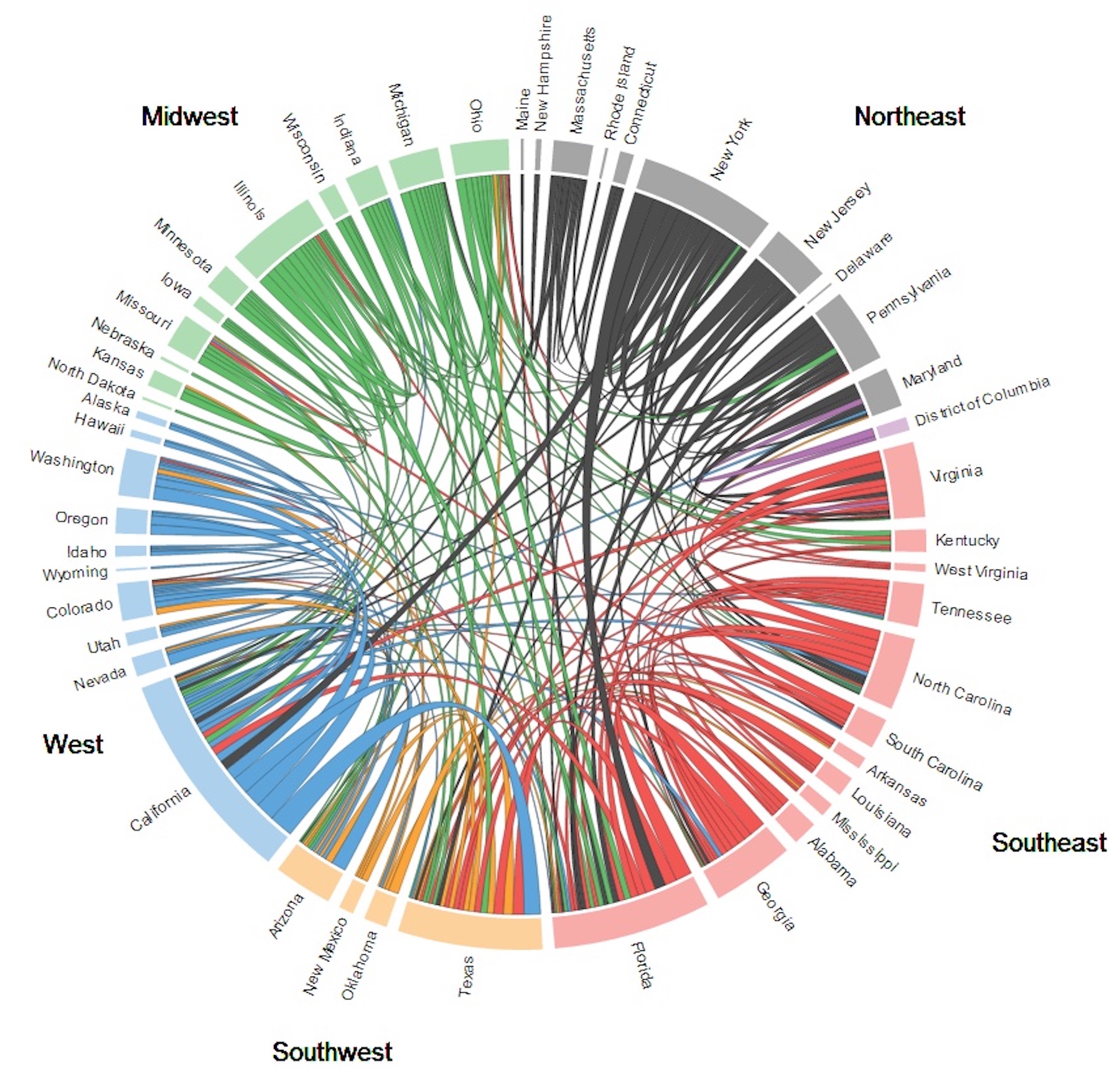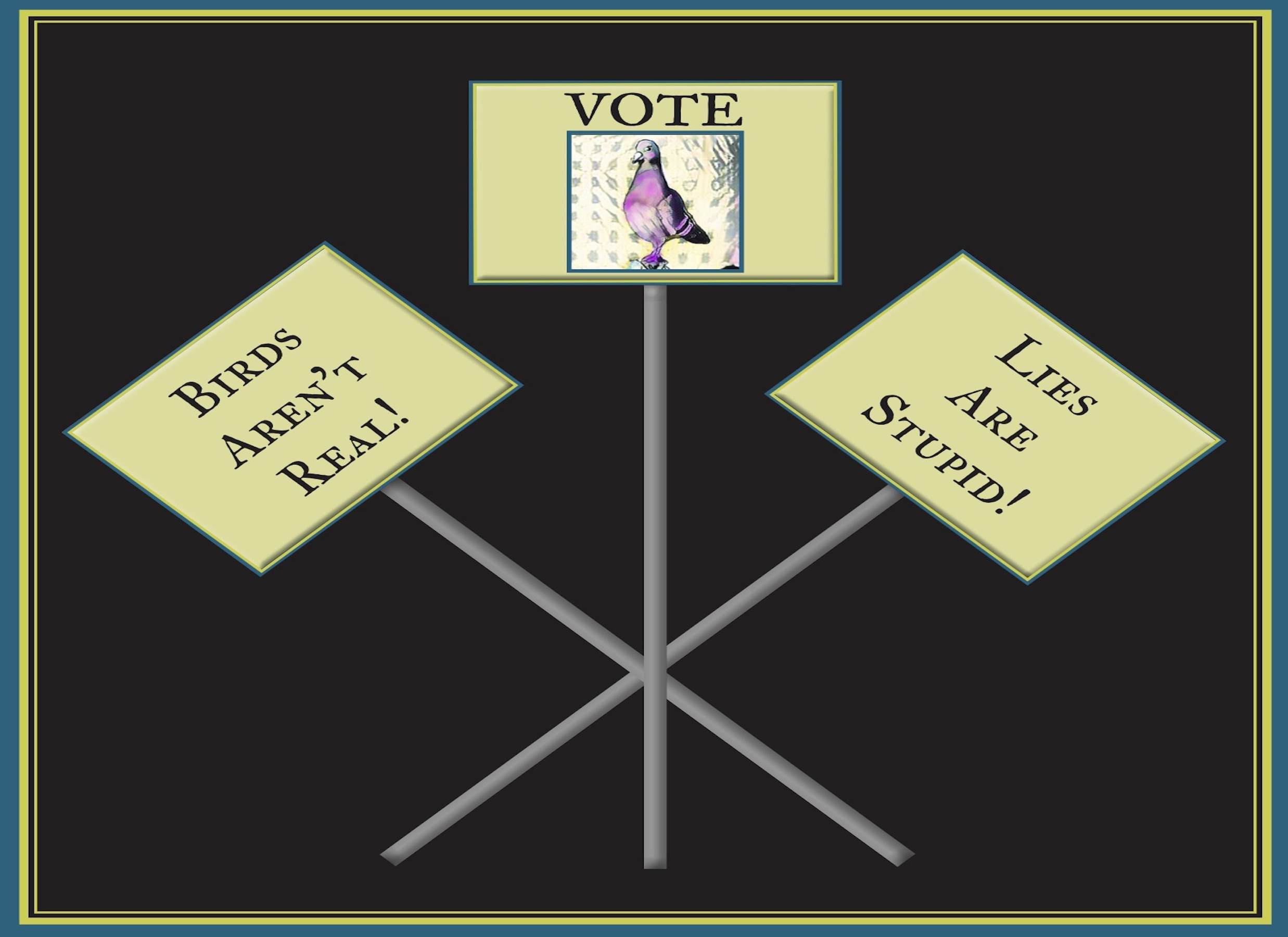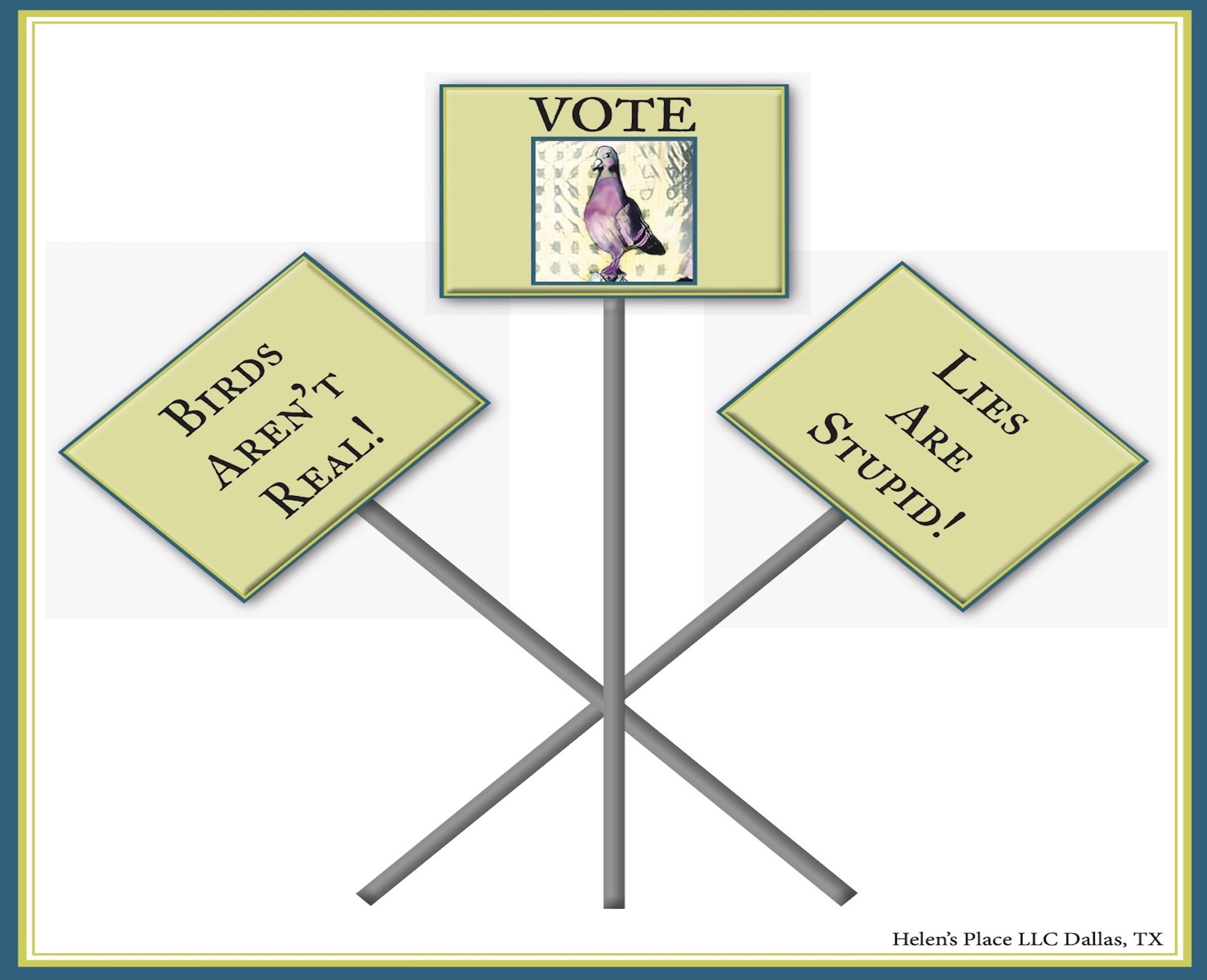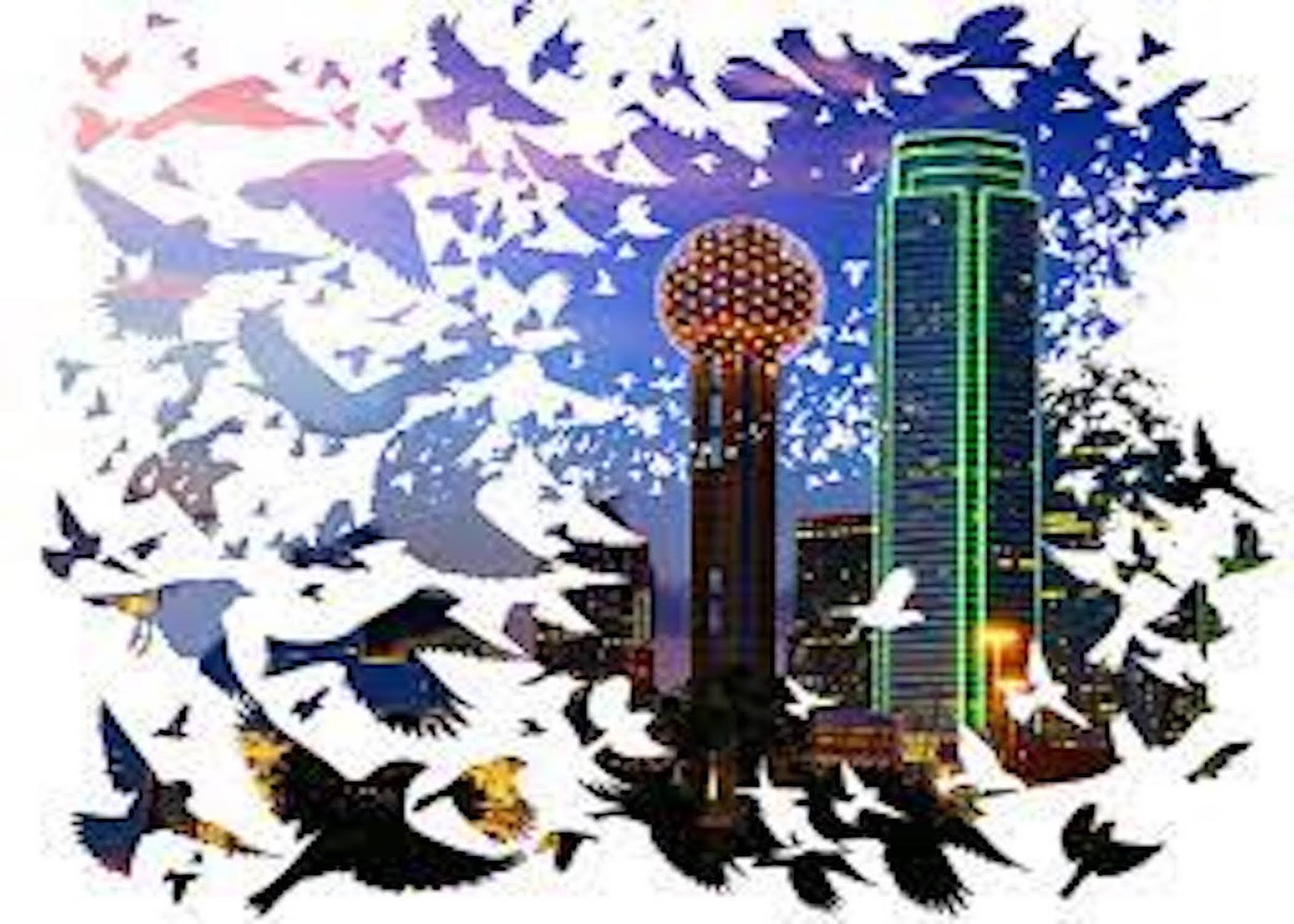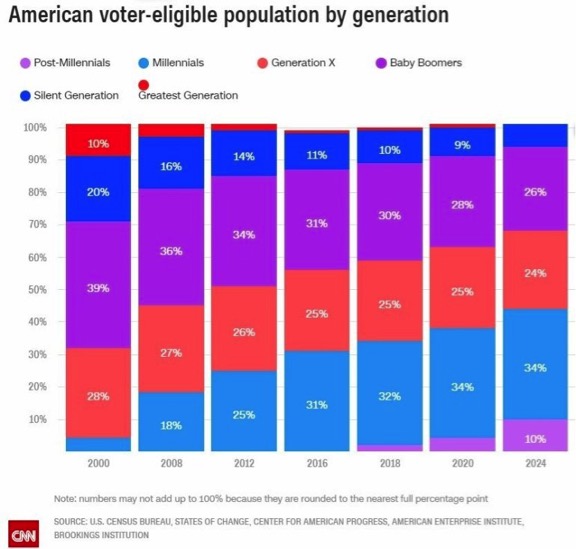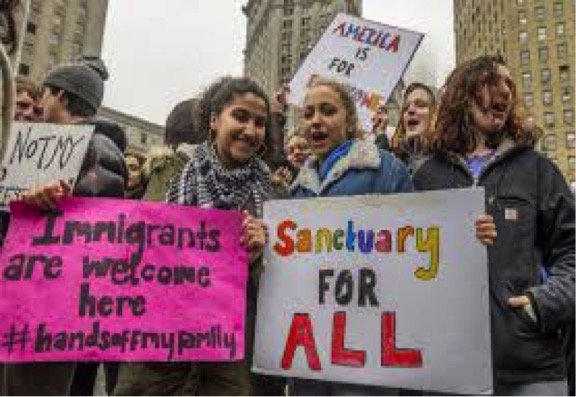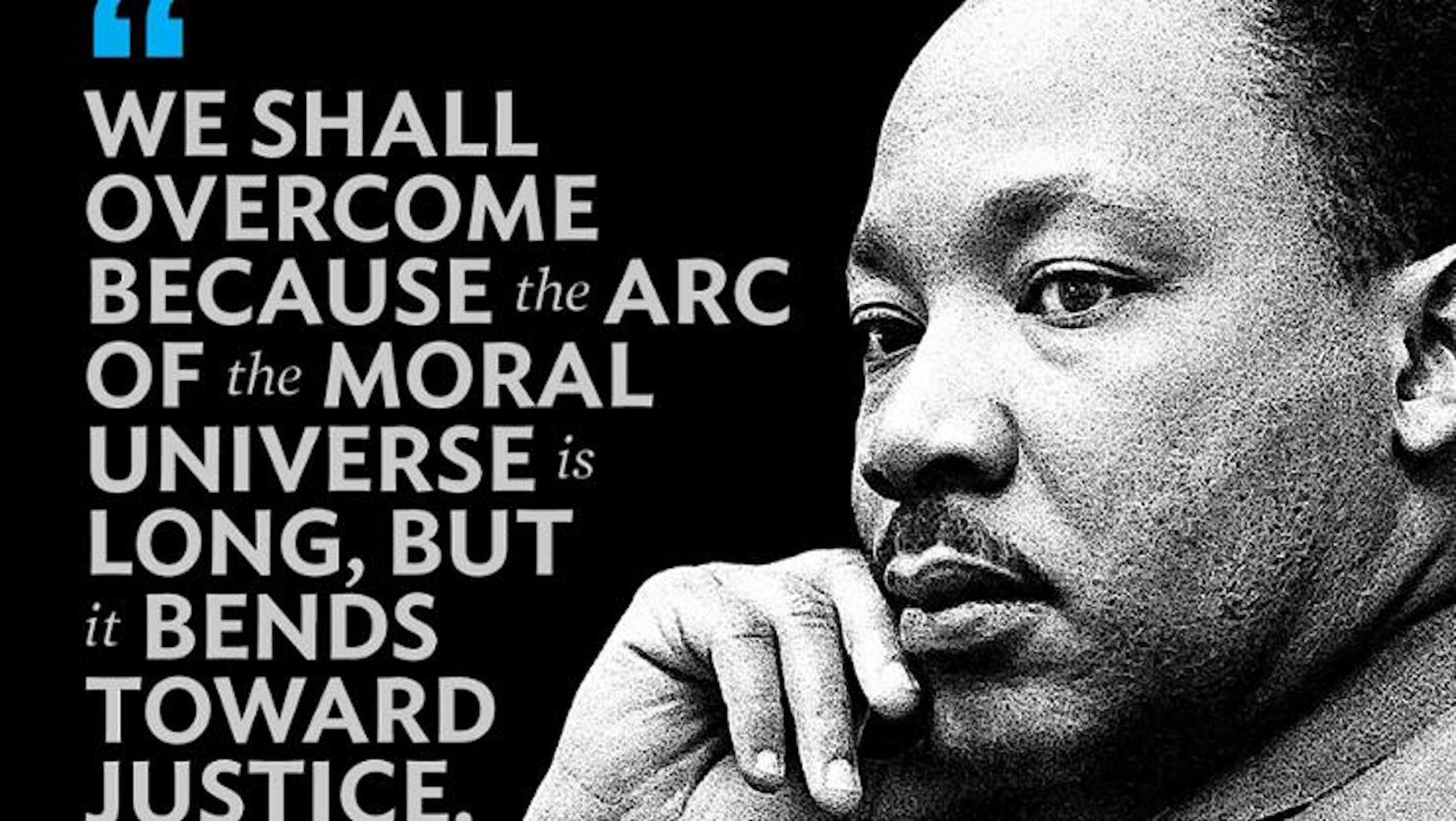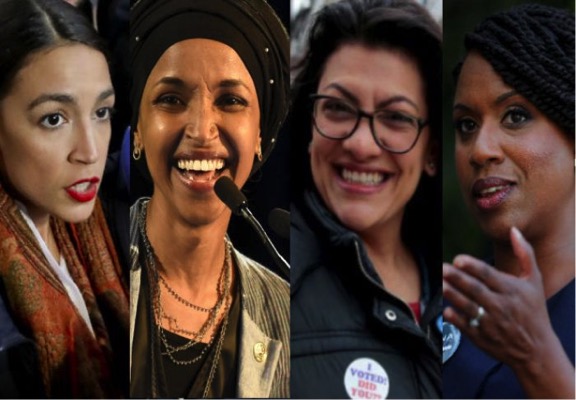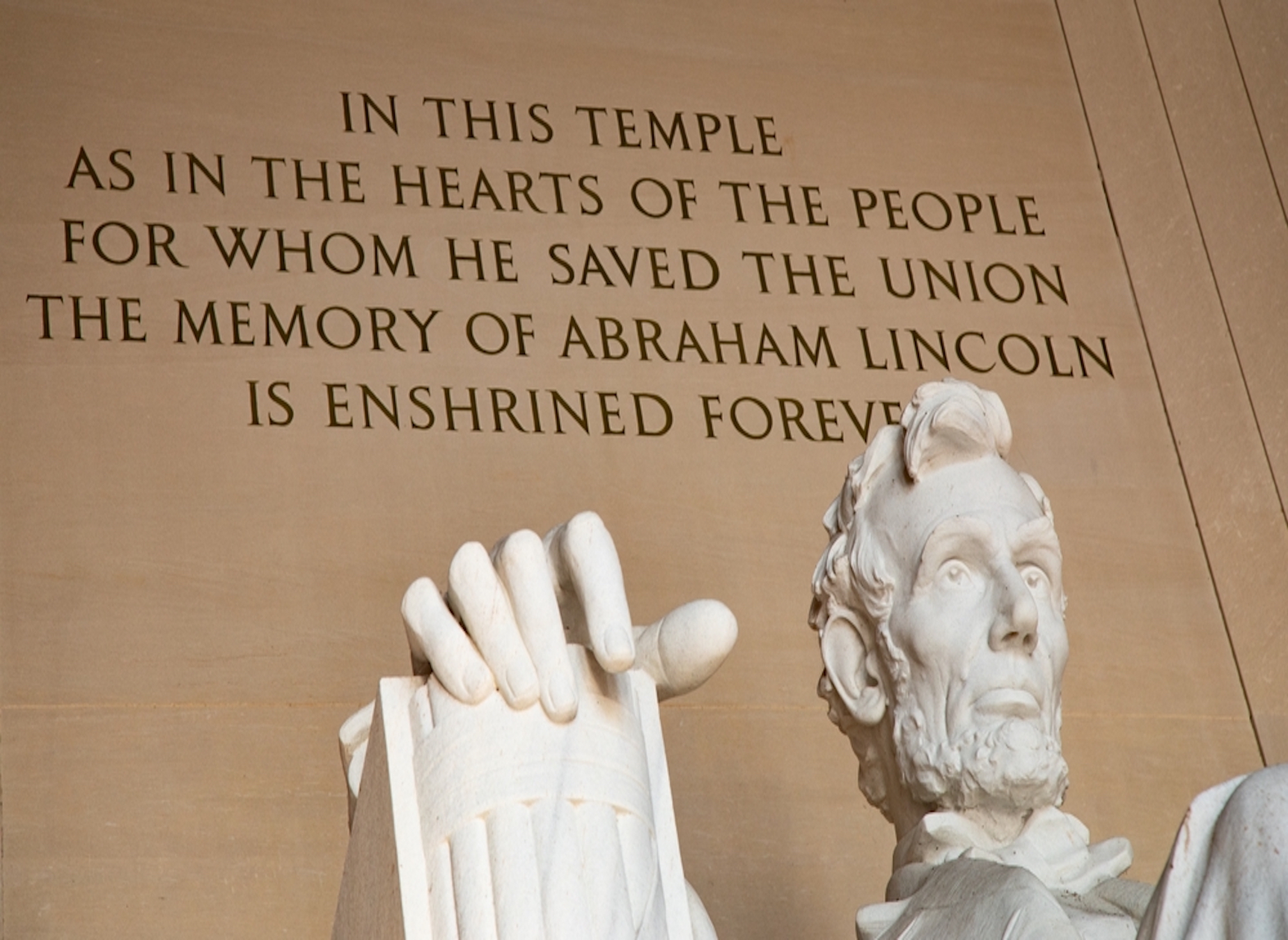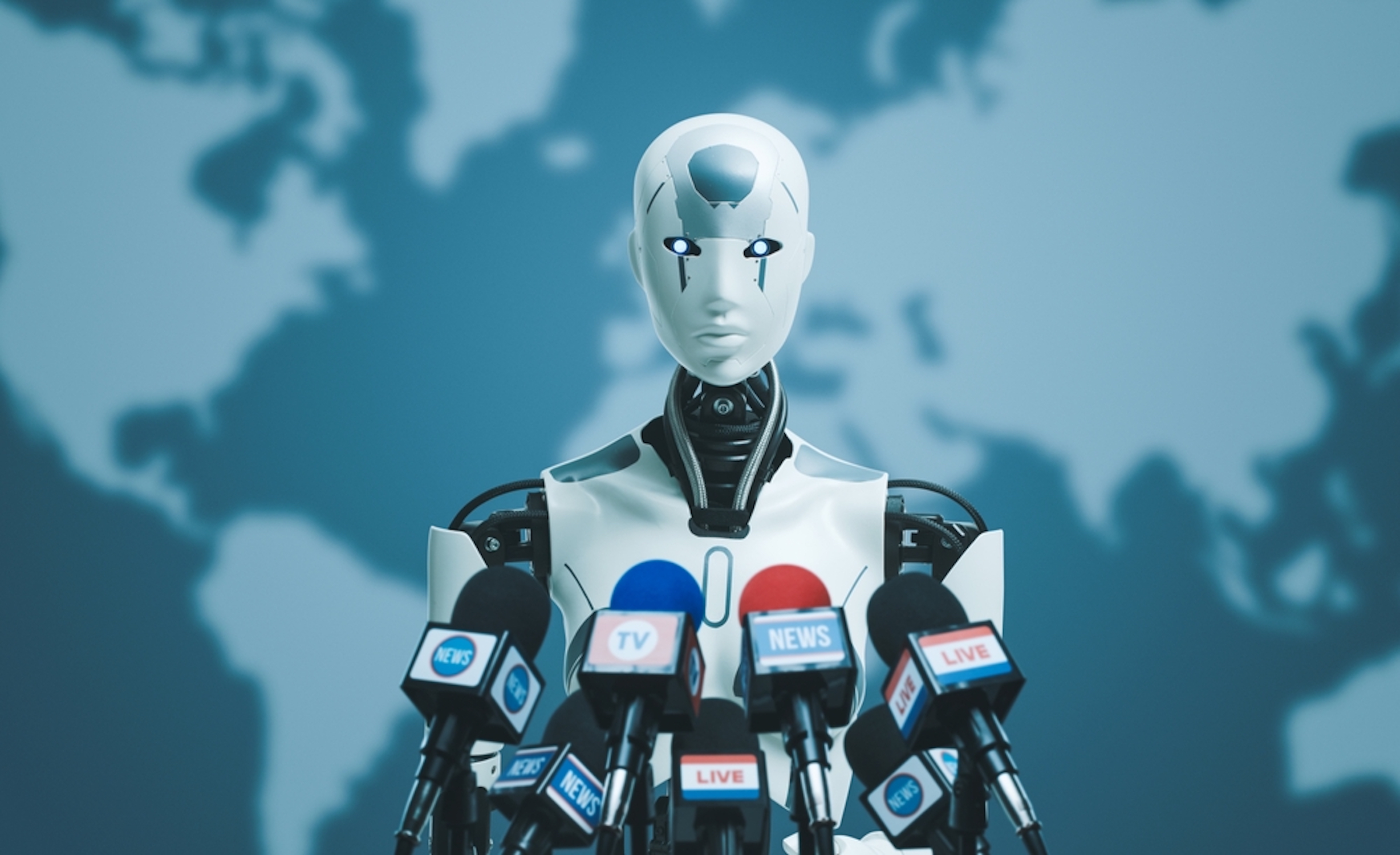- Credits:
- fastcompany.com
Archive | Historical Interest: Helen’s Place LLC
Wondering how people were holding up in a racist and inclusive America in 2018? This article discussed the culture war’s affect on political correctness at work during the Trump administration, and has since been updated in more recent article.
Helen’s Place LLC, June 01, 2018:
Working people, for good or ill, are caught in the culture war raging in the U.S., and they may be too busy working to analyze what it might means to them, should one or the other side win out.
It was easier to know what to talk about at work before the presidential election of 2016, because there were clearer and more acceptable parameters for “political correctness” – the etiquette to follow in human communications to avoid offending anyone.
However, since the election, many workers express increased confusion and awkwardness about what personal views to share with co-workers to prevent confrontation, as the political divide worsens in America.
It may be that only reporters are comfortable discussing, for example, what it means to have the National Football League (NFL) enact policies to force players protesting racial inequality to stand for the National Anthem, vs. the fairness of Roseanne’s show being cancelled by ABC on May 29, 2018, for her racist remarks.
An interesting article on political correctness in the workplace appeared in Fast Company, November 14, 2016, where Art Markan discussed how to “underscore a company’s values and inclusiveness,” and prevent hate speech.
Some companies today are attempting to help their employees with racial sensitivity and inclusivity training, but most are not, unless something happens in the workplace which forces them to do so. Starbucks, for example, closed stores and conducted training on May 29, 2018, only after an employee was caught discriminating against two black customers in one of their stores.
In “An Open Letter to Starbucks Customers,” Executive Chairman Howard Schultz said:
“…reflecting on the realities of bias in our society and talking about how all of us create public spaces where everyone feels like they belong–because they do. This conversation will continue at our company and become part of how we train all of our partners.”
“Discussing racism and discrimination is not easy, and various people have helped us create a learning experience that we hope will be educational, participatory and make us a better company.”
But at the same time Starbucks is conducting sensitivity training, political forces in America are doing the opposite, in what many consider following racial profiling and anti-immigration policies.
Attorney General Jeff Sessions, for example, expressed support for taking children away from their parents as an illegal alien deterrent. He labeled parents as “smugglers” of their own children, after they attempted to enter the U.S. illegally with them, demonstrating how hate speech is trumped by hateful actions over the interpretation of a word.
In another story appearing in USA Today, Kim Hjelmgaard and Alan Gomez reported that the United States government, U.S. Citizenship and Immigration Services (USCIS), changed words in their mission statement to reflect that the U.S. is no longer devoted to securing America’s promise as a “nation of immigrants.”
The words ‘nation of immigrants’ were removed, which referenced the poem on the Statue of Liberty and the line, “Give me your tired, your poor, your huddled masses yearning to breathe free.” This official change in mission reflects that it’s no longer politically correct to refer to the U.S. in this way.
It appears that political correctness in and out of the workplace is under siege, and there are two tracks of communications going at the same time — the politicians and their supporters using offensive or manipulative speech to say whatever they want, and the rest of America struggling to get along with people, especially family members and co-workers.
The reality is that since most people don’t get the benefit of Starbuck’s or other company training, they may be stuck in their own echo chamber until something catastrophic happens to them personally to cause them to change. Short of a personal disaster, there’s no way that many Americans would recognize racism or bias in themselves, or how they are influenced by speech and actions.
This situation can lead to a reactionary, powder keg of a workplace. In this cultural climate, it’s not surprising that discussing race, immigration and a host of other topics might be considered potential speech land mines to be avoided, along with the traditional taboo subjects like religion and political affiliation.
Increasingly, workers may be on edge, tiptoeing around subjects, and afraid to voice an opinion. The good news for employers, now that some workers have stopped talking, is that their employees might get more work done. The negative is that workers might call in sick or quit to avoid work conflict entirely.
On the other hand, limiting talk to safe subjects like work, weather, traffic and kids might not be satisfying enough for workers seeking interesting, meaningful conversations, and human interactions at work. This group too might start looking for other jobs in a good economy, and are more likely try to work for themselves.
Political correctness is complicated in a racist as well as inclusive American, and under reported in the news. However, reports of psychological isolation and suicides are increasing in 2018.
Although workforce happiness may be a lagging indicator of health, the analysis of history will judge how U.S. workers fared during the culture war inflamed by the Trump administration years.
Other related article you may be interested in:
YouTube, PBS NewHour, May 29, 2018, “Roseanne Barr isn’t new to incendiary tweets. Here’s why ABC decided to act”
Your comments are greatly appreciated. Send them to Helen’s Place LLC via email to info@helensplacenet.com.



